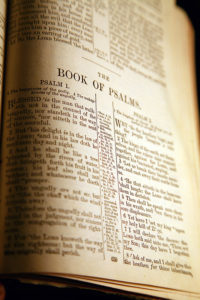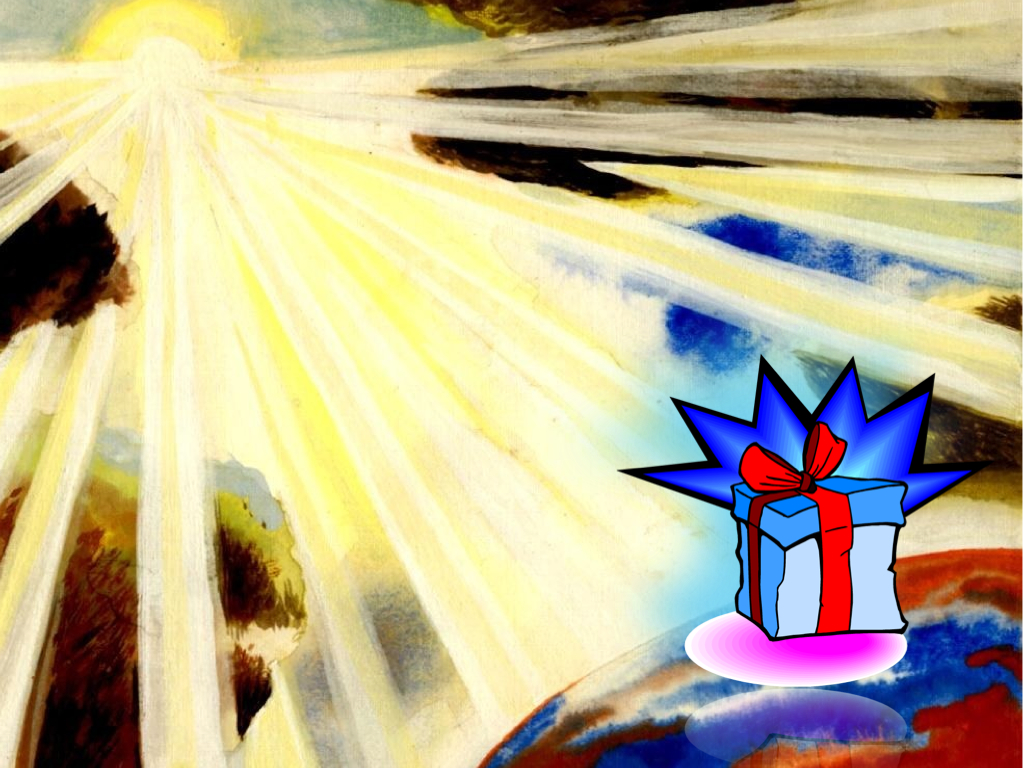
Psalm 145:1–21, An acrostic psalm. This is one of several acrostic psalms in the Bible. An acrostic is a poem, word puzzle, or other composition in which certain letters in each line form a word or words. In this case, the first letter of each verse begins with the next letter of the Hebrew alphabet beginning with aleph and ending with tav. However, for some reason the letter nun is missing, which is why there are only 21 verses instead of 22 verses in this psalm.
This psalm begins with the phrase, “I will extoll/exalt/bless you,” and then goes on to list the attributes of YHVH, and why and how humans should extoll him.
א I will exalt him.
ב Every day I will bless you.
ג He is great.
ד Generation to generation will praise you.
ה YHVH’s splendrous glory.
ו The might of YHVH’s awesome deeds.
ז The recollection of YHVH’s abundant goodness.
ח YHVH is gracious and merciful.
ט YHVH is good.
י Let his creation thank YHVH.
כ YHVH’s kingdom is glorious.
ל Inform mankind of his mighty and glorious deeds.
מ YHVH’s kingdom and dominion is forever.
נ The letter nun is omitted from this acrostic. The Jewish sages state that the reason the psalmist omitted the letter nun, which suggests the word n’philah meaning downfall, was to comfort that knowing that downfalls would take place, the Israelites would be comforted to know that by the fact that Elohim supports the fallen ones as verse 14 promises. In explaining this omission, the Jewish sages may be reading into the text something that is not there. After all, there are some 430 other words in the biblical Hebrew lexicon that begin with the letter nun. Who’s to say that some of these words may not have been a better choice than n’philah? It also stands to reason that since every other verse in this psalm is a praise declaration of one type or the other, why wouldn’t the missing nun verse also follow this pattern? Therefore, perhaps the psalmist left this letter out intentionally, so that the reader could fill in the blank suggesting his own reason for or way of extolling YHVH providing it begins with the letter nun.
ס YHVH straightens the fallen ones and those who are bent.
ע YHVH supports those who hope in him and are humble.
פ YHVH opens his hand and supports every living thing.
צ YHVH is righteous in all of his ways.
ק YHVH is close to all those who call upon him.
ר YHVH will fulfill the desires of those who fear him.
ש YHVH protects all who love him.
ת Declare the praise of YHVH and bless his name.


